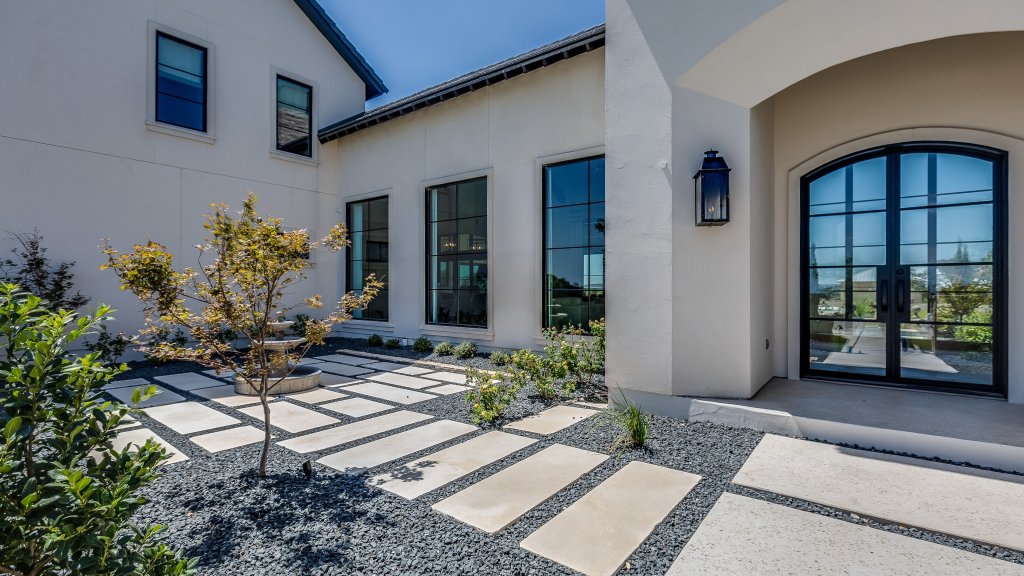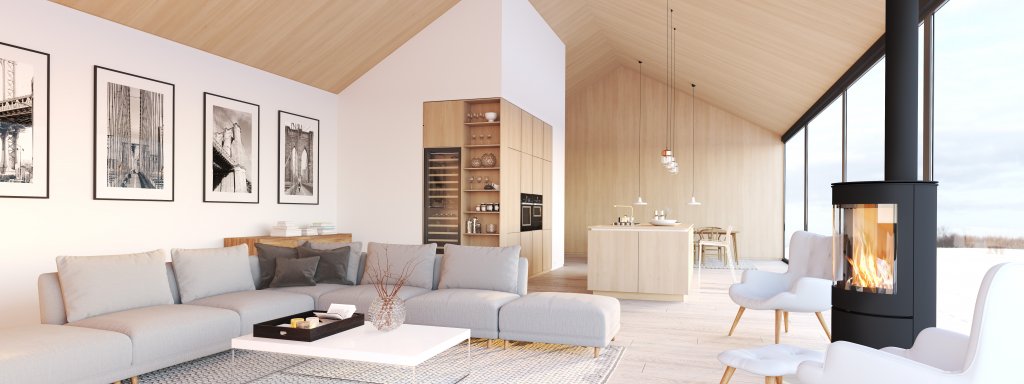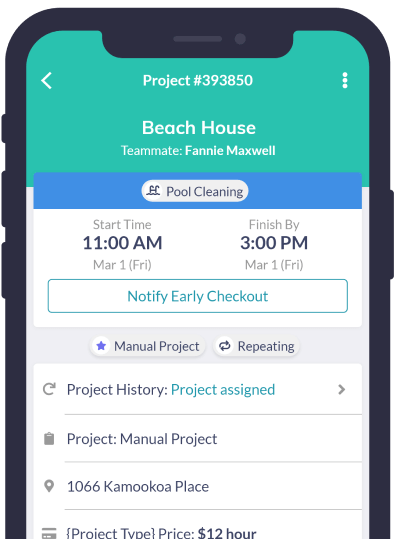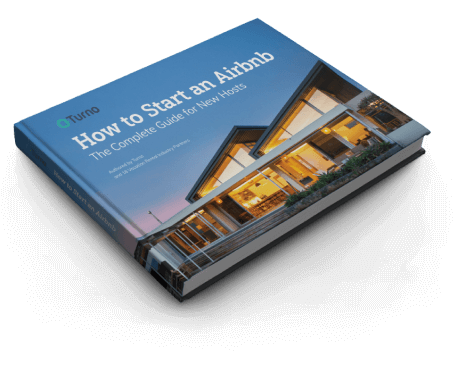Is It the Right Time to Add More Properties?
“When is it time to buy a second, third, or fourth rental property? Renting multiple properties can allow you to increase your monthly income, lower individual repair costs by purchasing in bulk, and add a small cushion for times when one property is vacant. Best of all, you’ve already learned how to hack it in this business, so you don’t have the same learning curve to contend with.
If you’re thinking it’s time to purchase another property to use as a short-term rental, you’ll want to begin by analyzing your finances in much the same way as you did when purchasing your first property. Check for liquid money for the down payment, and keep your bank statements squeaky clean.
To fully decide if you’re ready, think critically about the challenges you’ve faced in being a host and candidly consider whether or not you are ready to deal with those challenges multiplied.
Assume Murphy’s Law here. If the air conditioner goes out at both properties, can you keep your head above water? Most importantly, do you have the time needed to effectively manage both properties? If the answer to these questions is yes, you’re ready to begin expanding your business,” says Futurestay.

What to Consider When Adding More Properties
You may be looking to start scaling your vacation rental business by adding more properties to your portfolio as the next logical step — and it’s a good one. But this phase is very risky.
Even a single new rental property represents a hefty financial investment, so you want to make sure you’ve done your due diligence and taken all the crucial factors into consideration, such as:
Stay Local or Expand to a New Area?
If you only started with a couple of properties, you may want to consider staying local. There are a couple of reasons why this is more ideal.
First, it’s easier to manage multiple properties if they’re all within easy driving distance. This is important, even in an era of online bookings and remote property management, because you never know when you may need to make an in-person visit to help a guest or resolve an incident.
Second is familiarity with the market. You already know all the pros and cons of each neighborhood and the demographics of the local population. Moving to a new area removes this advantage, forcing you to have to relearn quickly.
Which New Area Has the Best Opportunities?
Sometimes it’s expanding to a new area that is the best move, and not signing another local property. It’s best to move slowly when you consider expanding your borders, almost as if you were starting over from scratch (because in a way, you are).
Consider the ideal guests for your new property. What age? What group size? Business traveler, tourist, or student? Establish a purchasing budget that won’t strain your Airbnb cash flow. Then, carefully analyze which city or neighborhood would provide you with the best business opportunity to match.
Once you’ve finally landed a property in the new area, focus on developing this new property first and run it for at least a quarter or two before expanding further.

Develop Your Infrastructure First
Before you sign the contract on your new property, you should first make sure that your rental property business has the manpower, cash flow, and infrastructure required to run it effectively.
This could mean:
- Hiring an administrator to be in charge of the new area (even more important if there are multiple properties involved)
- Researching the bylaws, ordinances, permits, and fees required (especially if you’re opening in a different state)
- Finding and hiring contractors in the new area — maintenance teams, cleaning crews, security, etc.
- Upgrading software tools to dedicated accounting and/or property management software
If you open up your new rental property without these pieces in place, you risk being caught flat-footed if things go sideways.
You’ve Selected Your Next Property — Now What?
You may have gotten into a groove with managing your first rental — but the more properties and booking channels you add into the mix, the more you’ll need to look for ways to improve your efficiency.
Before you start listing this new property, consider how you’ll navigate the additional hosting tasks while still juggling your other responsibilities. You can’t add more hours to a day, but there are tools and software on the market that can help you maximize your time.







